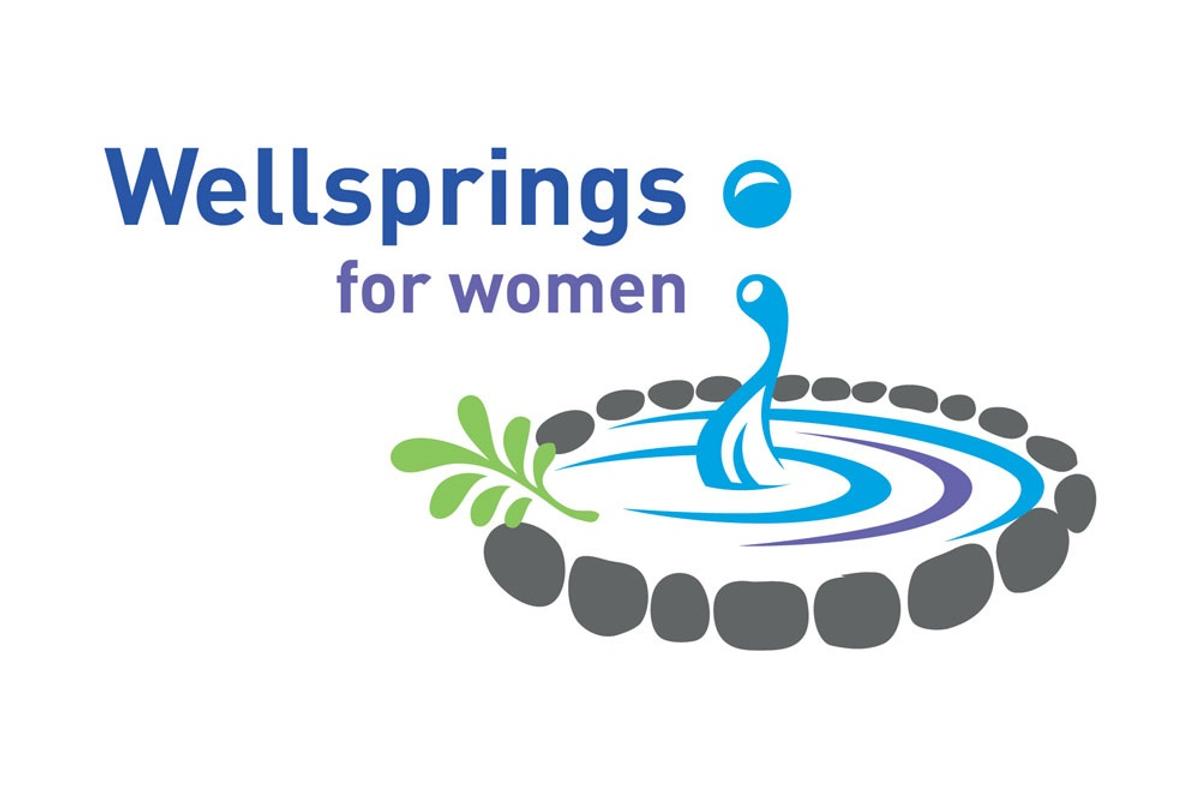
Wellbeing
This year National Child Protection Week will celebrate its 30th year with the theme: Putting children first…
‘Putting children first’ was front of mind when the National Child Protection Week campaign was launched in 1990, with the aim of bringing abuse and neglect out of the shadows and putting child wellbeing on the national agenda.
Since then, the need to put children first has been recognised time and time again as an important pillar for boosting the wellbeing of all children in Australia.
Last year’s National Child Protection Week campaign was based on research that shows the importance of putting children first when talking about parenting, and continued the message that conversations are a key part of engaging the whole community in caring for children.
Under this year’s theme of ‘Putting children first’ we invite all Australians to look at how they can prioritise children in their lives and communities and to engage in National Child Protection Week – as individuals, and as part of families, organisations, communities and society.
Putting children first means prioritising the safety and wellbeing of children. To grow up well children need to feel safe and loved, have a chance to play and explore, have a say in decisions that affect them, and access to essential things like food, shelter and healthcare.
For children to thrive we need to come together as a community and put children’s needs first during National Child Protection Week and every week.
Teachers will plan a focus on National Child Protection week next week either in Inquiry/RE activities, morning gathering or afternoon activities.
BeYou is an educational resource that promotes the mental health of students, parents and teachers.
At SFS, we are a BeYou school and mental health has never been more important.
This week’s fact sheet from the BeYou website is all about stress management and self- care.
Self-care is a good way to manage stress
You need to practice self-care in a way that works for you.
Having said that, there are some common practices that most people find useful, including maintaining a healthy lifestyle by eating well, getting enough sleep and exercise, and cutting back on alcohol and drugs.
Some other strategies which you might find helpful in managing stress include:
- Monitor your stress- recognise your own signs of stress and identify situations you find difficult, so you can be pro-active about managing stress during these times.
- Learn how to manage your stress in positive ways- such as through exercise, relaxation, breathing, yoga, positive self-talk.
- Be aware of your thinking habits- challenge negative or unhelpful thoughts.
- Schedule ‘time out’ for yourself- pursue your hobbies or interests.
- Connect- foster and maintain your personal relationships. A sense of belonging and connection is important for your wellbeing.
- Relax- learn and use breathing techniques, progressive relaxation, visualisations or meditation to consciously relax your mind and body. Practice mindfulness by focusing your awareness on the present moment.
- Be mindful and self-aware- focus on how you are feeling and how you act, and the impact that can have on your colleagues and your students. Be supportive of others without passing judgement.
- Consider making specific times or days of the week for activities which support your wellbeing, so they become routine and are less likely to drop off at times of increased work demands or other competing priorities.
- Reflect- find a mentor through your workplace or professional networks to help you grow professionally. Take time to engage in reflective practices about your work and professional development.
- If you have spiritual beliefs, make time for regular spiritual practice, or relationships with others who share your philosophy.
Ask for support
If difficulties persist beyond a few weeks, seek additional support.
Reach out for support when you need it — from colleagues, friends, family, your GP, a psychologist, or an employee assistance program through your workplace.
Being comfortable to ask for and give support helps reduce the fear of stigma for help-seeking and is important in building a supportive culture at your school.
The Resilience Project
The temptation to spend endless hours on our devices is strong. This week’s challenge is to build in some time without your device.
Easy Challenge - No device for 30 minutes when you wake up in the morning
Medium Challenge - Finish work for the day and spend the next 60 minutes without your device
Hard Challenge - No device Sunday! Yes that’s right, no devices for a whole day!
Ultimate Challenge - Do all of them!
Boundaries are important! Allowing ourselves to control our screen time is a challenge but critical to helping us be present in our interactions throughout the day.
The following clip has been widely viewed and is a great reminder to look up from our phones - Click here to watch - Look Up!
mConnect group with Wellsprings for Women
We continue to offer an online Zoom meeting for those parents wanting to connect to the school and other parents. This is a fun, safe and informal group and all are welcome to join us on Tuesday at 2.30pm. This week we had some fun playing some games and getting to know each other better.
To join the group, use the link below.
https://us02web.zoom.us/j/85138685427?pwd=TTZyZlRzc1VZTkRLdWVKM3FiOWFYQT09
Meeting ID: 851 3868 5427
Passcode: TL2Kqy
If you have any concerns about the wellbeing of your child please do not hesitate
to contact me. I am also available to meet with parents during the Parent
teacher Interviews.
Rachel Lenko
Student Wellbeing Leader




